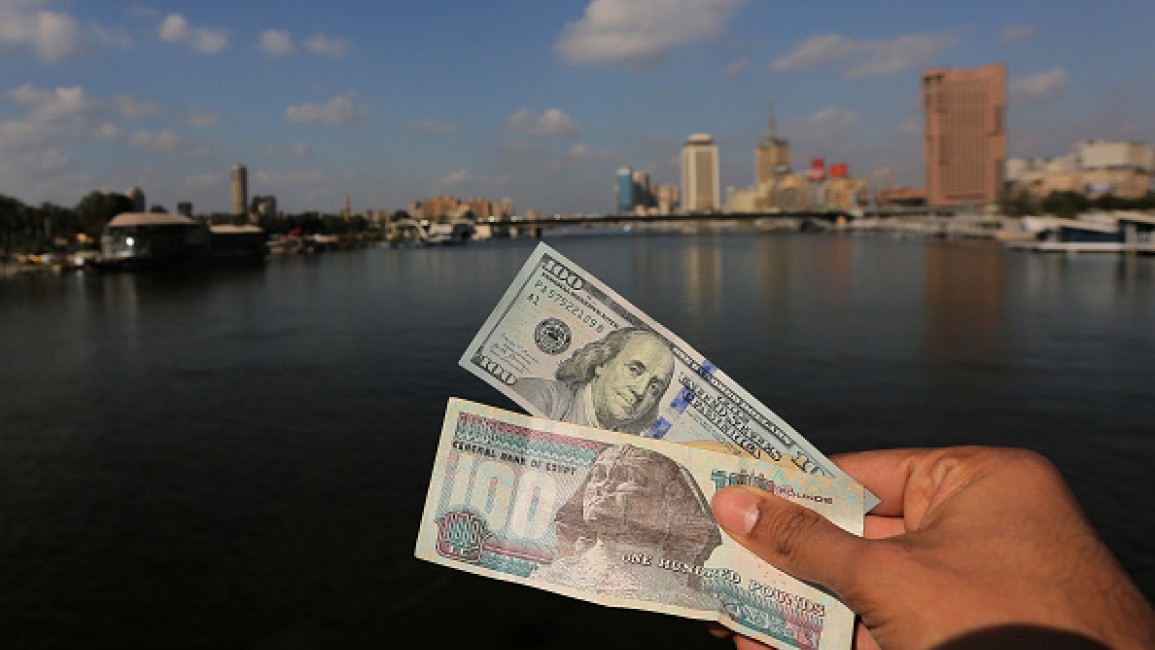Egypt to list two army-affiliated companies for investors this week
The Egyptian government announced that two military-affiliated companies operating in the local market will be listed on Wednesday, while an initial public offering (IPO) advisor had been contracted to facilitate the necessary data for potential investors.
The two army-run companies are Safi, which produces bottled mineral water, and Wataniya Petroleum, a nationwide chain of petrol stations.
The government will also put forward four other major companies via international banks, a cabinet statement said on Sunday, without naming these companies.
The economic influence of the Egyptian military institution tremendously increased after President Abdel-Fattah al-Sisi, the former defence minister, took over the country in 2014.
Egypt has been undergoing an economic crisis that forced the government to look for new sources of foreign currency, including touting the sale of state assets to wealthy Gulf nations.
Last month, prime minister Mostafa Madbouli announced that the government would list 32 state-owned companies operating in 18 fields, including the two army-run ones and two banks.
Sunday's announcement came one day before Fitch Solutions released a report, raising its projection for Egypt's inflation during 2023 to 25.9 per cent, up from the 18.3 per cent it projected in February.
Earlier last week, the country's Central Agency for Public Mobilisation and Statistics (CAPMAS) declared, also in a report, that the annual headline inflation soared in February to reach 31.9 per cent compared to 26.5 per cent the previous month to mark, once again, the highest in five years.
The Egyptian economy has been hit hard by the Covid-19 pandemic and the Ukrainian-Russian war, factors that further disrupted global markets and hiked oil and food prices worldwide as well as controversial economic measures taken by the government.
The Central Bank of Egypt (CBE) has imposed three devaluations of the Egyptian pound before the US dollar, making the local currency almost 50 per cent weaker over the past year.
As a result, the Egyptian pound has been struggling against the US dollar, leading prices to soar.
Egypt's economy has been undergoing a shortage of US dollars in recent months. One US dollar jumped to about 30.95 EGP; at the time of publishing, US$1 amounts to 35.75 EGP in the informal parallel market.
Nevertheless, Egypt has not yet reached the short-term balance required by the International Monetary Fund (IMF) as dictated by the 2020 loan agreement.
Experts have recently predicted that a fourth local currency devaluation will be imposed later this month.



